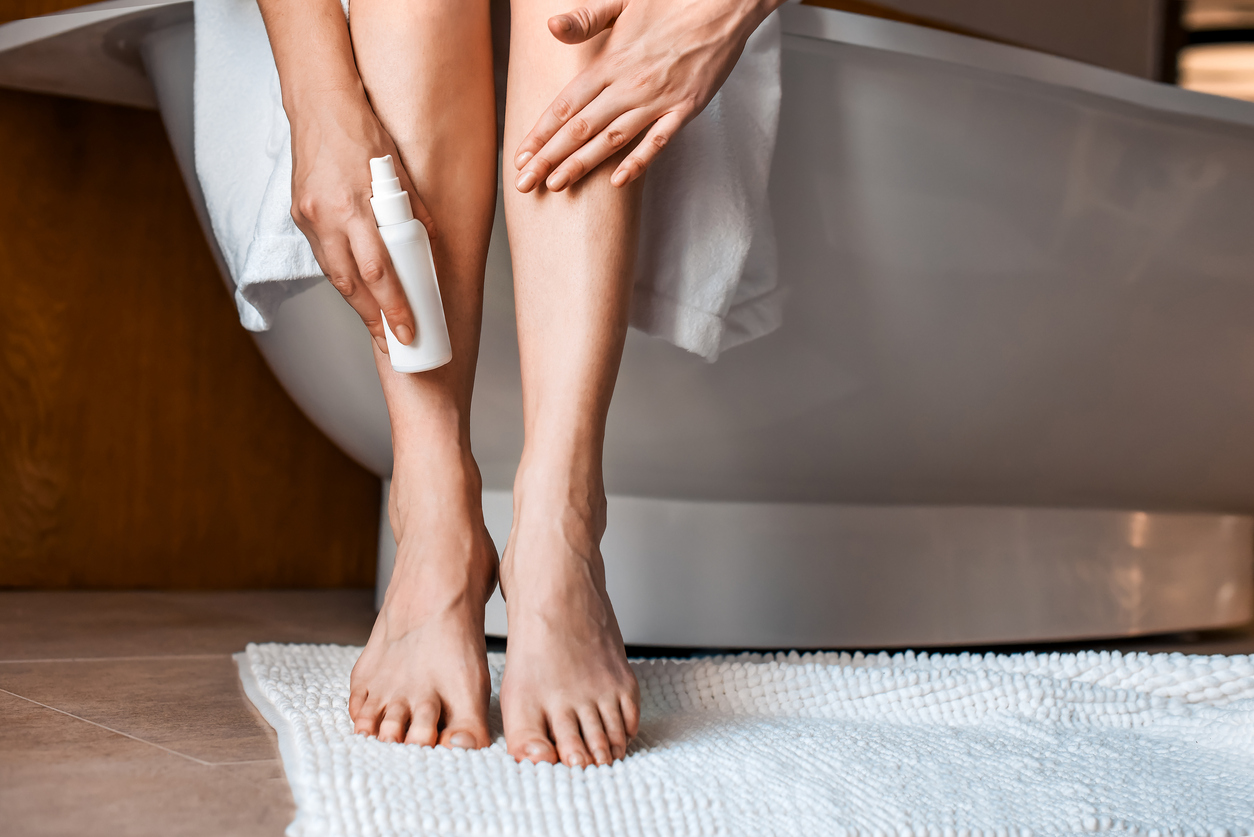
Varicose veins most commonly appear in the legs and are caused by the abnormal enlargement of superficial blood vessels. While the condition affects up to 30% of the adult population, it's more prevalent in women than men. Fortunately, treatment is available.
Although it's mainly sought out for cosmetic purposes, Sclerotherapy, a non-invasive procedure, has proven effective in shrinking varicose and spider veins and establishing blood routes to healthy veins.
Whatever procedure you use to treat your veins, aftercare treatment can be just as important. Here are a few doctor-approved post-procedure recommendations and at-home self-care tips, including dietary, natural, and holistic remedies for maintaining healthy veins.
Doctor-Approved Post-Procedure Recommendations for Healthy Veins
Following a proper varicose vein diagnosis and treatment, your doctor will recommend wearing prescription-strength compression socks to help boost adequate blood flow. To further prevent the development of varicose veins or related symptoms:
- Quit smoking, as it damages the veins' walls, which in turn causes blood to pool in your legs.
- Minimize your salt intake to prevent edema - swelling caused by excess fluid trapped in your lower extremities.
- Individuals on hormonal therapy should consult their doctors before treatment, as such medication may cause Deep Vein Thrombosis(DVT).
- If wearing medical-grade compression socks and taking blood circulation medication does not help, your doctor may recommend other varicose vein treatments, such as laser ablation or microphlebectomy.
At-Home Aftercare Tips for Healthy Veins
For you to resume your normal day-to-day activities at the earliest possible, you're highly encouraged to adhere to post-treatment closely. However, avoid strenuous movements that may aggravate the injection sites. If treatment is successful, patients can begin to see results as early as 3 to 6 weeks and fully heal within 3 to 4 months.
Varicose Vein Post-Op Instructions:
- Dress in loose-fitting clothes since constrictive outfits can restrict blood flow and interfere with healing, especially on freshly-treated veins.
- Compression socks should be worn during the daytime for 7 to 14-days (depending on the type of procedure) to relieve inflammation, pain, and bruising of the treated area.
- Prolonged sitting or standing during post-surgery is a big no as it may result in potential complications such as developing blood clots. Avoid strenuous exercises such as running or aerobics throughout the healing period.
- Keep your veins healthy when working from home by staying hydrated. Also, Vitamin D from sunlight is great; however, avoid direct heat exposure as it may result in inflammation, tiredness, and heaviness in the legs.
Dietary Recommendations for Healthy Veins
What we eat directly impacts various functions of our bodies, including blood circulation, proper body weight, healthy veins, and much more.
- Avocados contain Vitamin C, which is excellent for vein health, and Vitamin E for cardiovascular health, which prevents blood clots.
- To mitigate edema, consume potassium-rich foods like bananas, pistachios, salmon, tuna, lentils, potatoes, and leafy greens.
- Being overweight can lead to formation of varicose veins because the extra weight increases pressure on leg veins. Working out and consuming a high-fiber diet of oats, nuts, whole grains, flaxseeds, and more, can help keep your weight in check.
- Bioflavonoids (Vitamin P) found in garlic, onions, strawberries, and lemons are high in beneficial antioxidants and anti-inflammatory properties that aid proper blood flow.
Natural and Holistic Remedies for Healthy-Looking Veins
Mentioned above, Vitamin C and Vitamin E are considered beneficial in reducing swelling, pain, and clots caused by varicose veins. Alternative remedies may also include:
- Sweet Clover to help improve blood circulation
- Butcher's Broom to help suppress inflammation
- Pine Bark extract to help reduce acute venous swelling
Before starting a course of supplements or natural herbs, always talk to your physician first to mitigate potentially harmful drug interactions.
Are you concerned about your vein health and have more questions? Contact us today at the Vein Institute of NJ for a complimentary consultation and a discussion of helpful aftercare tips for healthy-looking veins.




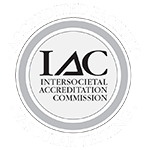
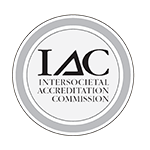
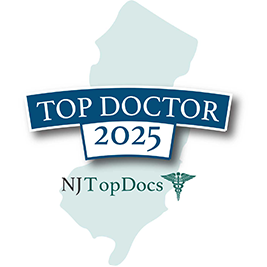
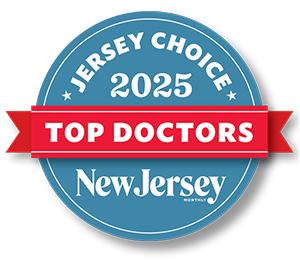
_2.jpg)